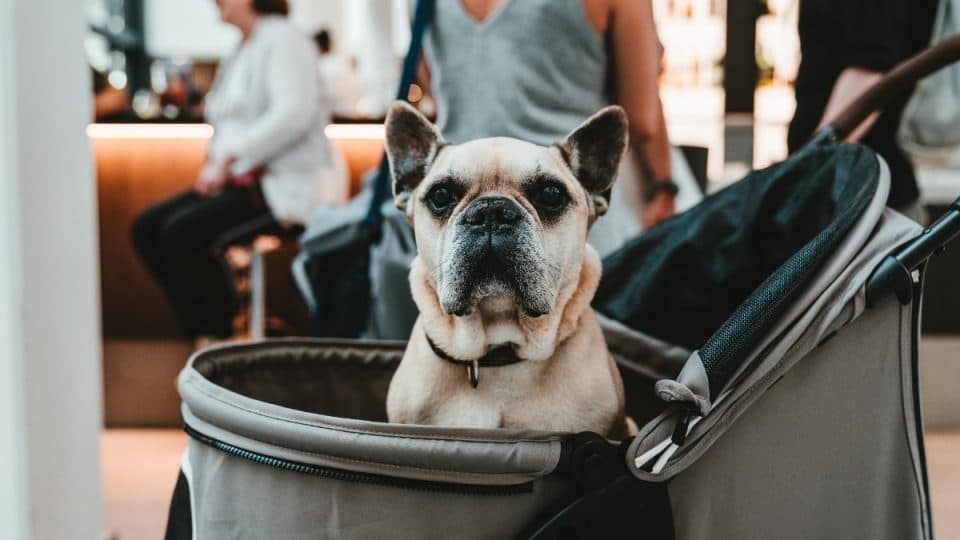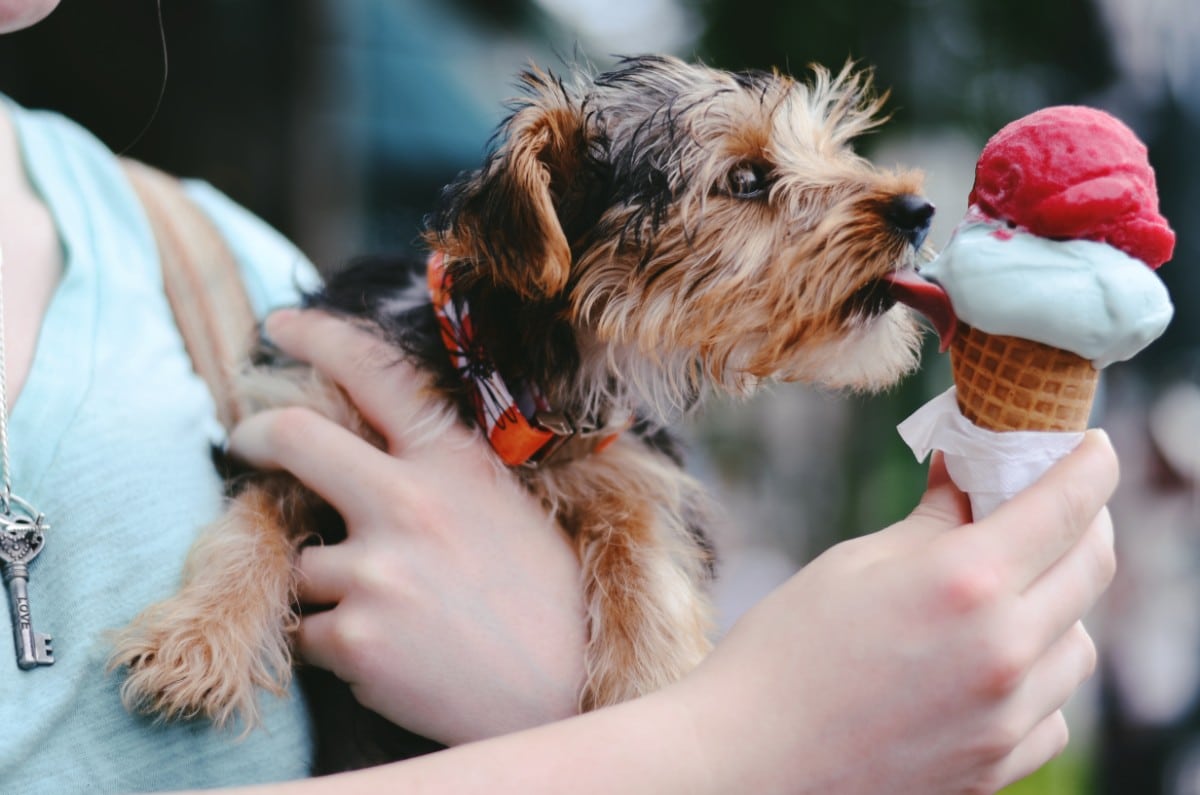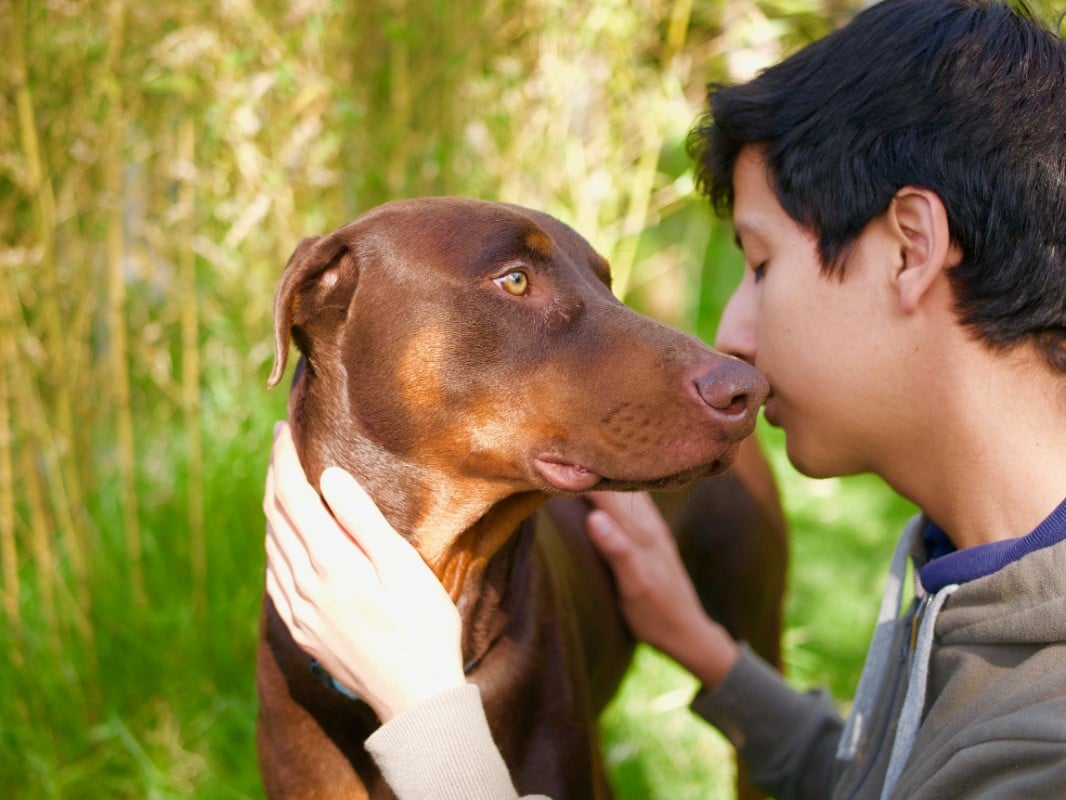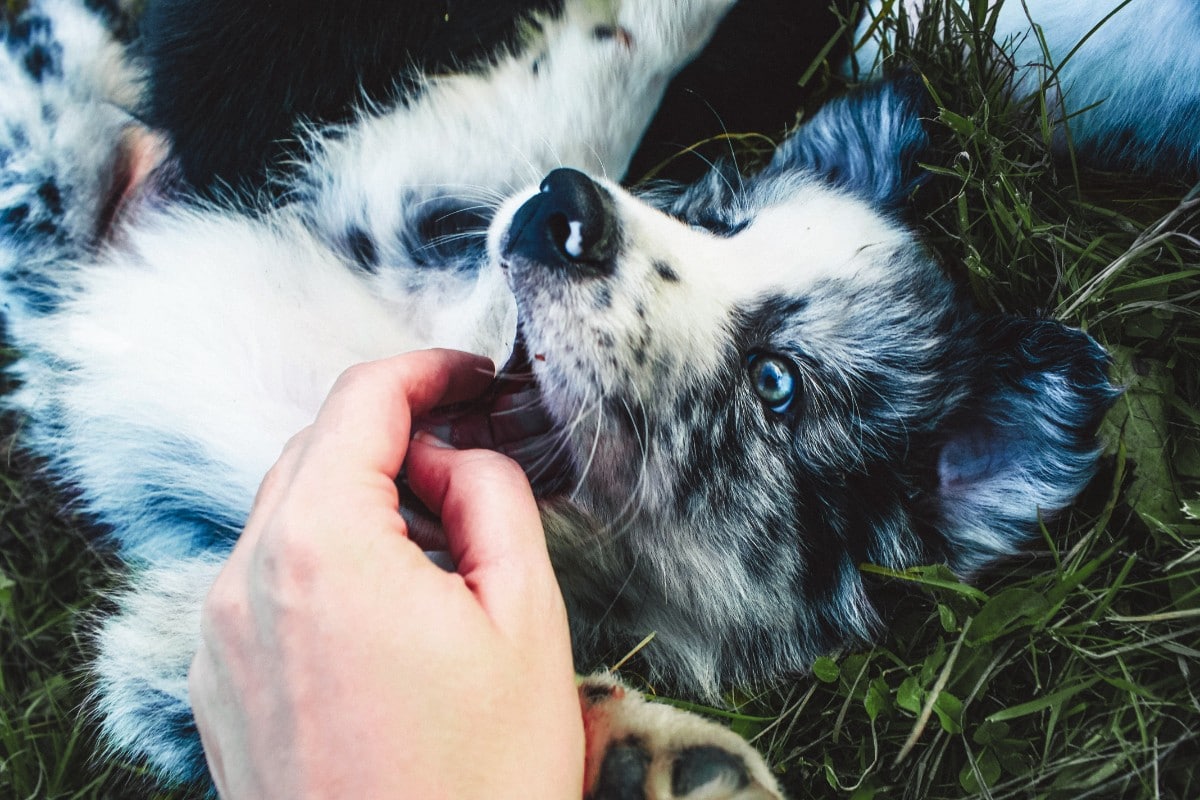- Not a substitute for professional veterinary help.
If there’s one thing that can unite a majority of people, it’s a love of pets. Dogs, in particular, have been mankind’s best friend since the earliest societies were formed. So, if you want your own furever friend in the nation’s capital, you’re not alone. But getting a dog is a lengthy process. From searching for the perfect pup online to preparing your home for a new occupant, you certainly have a lot to think about it.
Not to worry. Our guide to adopting a dog in Washington D.C. has everything you need to set yourself up for success.
Finding a dog in D.C.
Remember how we said that dogs unity the majority? That wasn’t a joke. According to the nationwide Humane Society, 86.4 million households include a pet among their inhabitants. 61 percent of that set have more than one animal, and 80 percent consider their pets to be family members.
Begin your search by browsing rescues in D.C. and the surrounding areas. The list we’ve compiled below is a helpful starting point. Read each dog’s description, including temperament and aggression levels, and decide whether or not this is the pet for you. You may find it helpful to browse the American Kennel Club’s list of breed characteristics commonly associated with specific dog breeds. Keep in mind that, depending on your pets’ circumstance, you likely won’t find one that fits the AKC description to a T. That said, this list can give you a general idea of your dog’s personality and grooming requirements.
Now that we’ve covered the “how,” let’s talk about the “when.” You can adopt a dog at any point of the year, but D.C.-area shelters are likely to get crowded during hurricane season. Many of them rescue abandoned pets from the southern states, and storm seasons tend to leave a lot of animals homeless. As shelters get increasingly crowded, they may decide to reduce or eliminate adoption fees to free space for new rescues.
You might also consider heading to a shelter during community-wide events like Adopt a Dog Month or National Dog Day. Rescues are more likely to offer promotional pricing during these times.
Banned breeds in D.C.
D.C. temporarily banned two dog breeds—specifically pitbulls and rottweilers—that hadn’t been licensed. That ban is currently inactive, but private organizations and property owners are allowed to restrict certain breeds from appearing on their property.
If you rent or are part of a homeowner’s organization, check your lease or bylaws to be certain you can have the type of dog you’re interested in.
The adoption process in D.C.
Selecting the perfect dog varies depending on the shelter you use. Some conduct same-day adoptions, while others add the security of a background or credit check. Nearly all will call your veterinarian (only if you have one, and only to ensure any other pets in your home are up-to-date on their vaccinations) and your landlord (if you rent, to ensure you’re allowed to have a dog of the breed in question on the premises.)
Generally, the dog adoption process in D.C. goes as follows:
- Find a dog and fill out an adoption application, which may include areas asking for information such as your living situation, roommates/children/spouses, your workweek, and more.
- An adoption counselor will review your application and, if approved, take you to meek the dog you’re interested in.
- During the meeting, take time to evaluate the dog’s temperament. Bring all other members of the household, including other dogs, to make sure everyone gets along well.
- If the dog seems like a good fit, you can begin the adoption paperwork.
- Wait for the adoption counselor to contact your landlord or vet, if necessary, then listen to a brief counseling session on pet ownership best practices.
- Then you’re done! Congratulations on your new pet.
Licensing dogs in D.C.
D.C. requires owners to vaccinate their dogs against rabies if the pet is more than three months old. There is a one-month window during April where this can be completed.
If your dog is not up-to-date on his or her shots, bring the animal to a licensed veterinarian during this time. There is only one exception: If your dog’s vaccine hasn’t expired, which is to say if the last vaccination occurred less than a year ago, you do not have to renew her vaccination during this month.
The first vet visit
Arrange a visit to your veterinarian within the first week after your adoption. This allows you to transfer medical records early so you don’t forget to do so later on.
The first vet visit is also an opportunity to catch any ailments that the shelter may have not been able to address, such as parasites or kennel cough. These types of infections are incredibly difficult to control in a saturated environment, and rescuers are often focused on more life-saving medical care.
Keep an eye out when browsing different shelters, as some will provide a voucher for a free vet visit to be used within a specific time frame.
How much it costs to adopt a dog in D.C.
Canine rescues rely primarily on adoption fees and donations in order to maintain their operations. Between transport and medical care, saving a single dog can cost thousands of dollars. Your payment ensures these organizations can continue their important work.
To help you understand the costs involved, here are adoption fees from three top-rated shelters in the D.C. area:
Humane Rescue Alliance
- Cost: $50 for dogs older than 10 years old, $100 for dogs 7 to 9 years old, $200 for dogs 6 months to 6 years old, $250 for dogs under 6 months. Fee waived for persons 50 or older adopting a pet that is at least 5 years old. Veterans and active servicemember get a fee discount of 50%.
- What it covers: spay/neuter surgery, microchipping, age-appropriate vaccinations, heartworm testing
Lucky Dog Animal Rescue
- Cost: $250 for senior dogs older than 9 years, $350 for adult dogs 7 months to 8 years old, $400 for puppies up to 6 months old, and $450 for dogs undergoing heartworm treatment
- What it covers: spay/neuter surgery, vaccinations
Rural Dog Rescue
- Cost: $400
- What it covers: spay/neuter surgery, microchipping, age-appropriate vaccinations, and heartworm, flea, and tick preventative
In addition to the fees listed above, you may also need to bring money for your dog’s rabies tag.
Where to adopt a dog in D.C.
D.C. residents have their pick of rescues and shelters to find their new pet. Here are some of the most popular:
- City Dogs Rescue & City Kitties: A nonprofit rescue where all adoptable dogs and cats stay in the loving homes of the rescue’s fosters.
- D.C. Paws Rescue: A foster-based organization that partners directly with rescue services in South Carolina to save dogs from high-kill shelters.
- Gloucester-Mathews Humane Society: An open-admission nonprofit operating since 1912.
- Homeward Tails Animal Rescue: A nonprofit rescue that saves dogs from low-funded, rural animal shelters. It also accepts owner-surrendered dogs.
- Humane Rescue Alliance: Recently merged with St. Hubert’s Animal Welfare Center, located in Madison, New Jersey, to become the nation’s first multi-state animal welfare organization in the U.S.
- Jasmine’s House for Pit Bulls and Kids: A nonprofit dedicated to ending the stigma and abuse of pitbull-type breeds, with a satellite foster programs for dogs who have been victims of dogfighting in Salt Lake City, Utah.
- Lucky Dog Animal Rescue: A volunteer-run rescue saving dogs from high-kill shelters and educating the community on obedience training, the importance of spay/neuter surgery, and proper pet nutrition.
- Rescue Angels, Inc.: A foster-based rescue that holds weekly adoption events.
- Rural Dog Rescue: Partners with high-kill shelters to save dogs in rural Virginia, West Virginia, and North Carolina to rehome them in the D.C. and Maryland areas.
- Wolf Trap Animal Rescue: A foster-based rescue saving dogs and cats at high-kill shelters in Mississippi and other southern states.
Creating a care budget for your dog
Your adoption counselor will inform you that owning a dog can cost upwards of $1,000 annually. As an owner, you’ll now have to pay for:
- Dog food and treats
- Toys
- Leashes, collars, and harnesses
- Bedding
- Crates
- Waste bags
- Dog walking services
- Training sessions
- Pet sitting/boarding
- Veterinary and dental care, including vaccinations and parasite preventative
- Pet insurance
- Pet-friendly grooming and cleaning products
A note about pet insurance
Pet insurance can help you afford important medical care if your dog has chronic issues or breed-related health problems. Only you can decide if the expense is worth it. Be thorough when researching your insurance options.
Getting ready for your new dog
Before bringing your dog home, gather the following essentials so he transitions to his new life as easily as possible:
- Food, bowls, treats
- A leash and collar or harness
- An appropriately sized crate
- Enrichment toys
- Grooming tools
- Cleaner for urine or feces accidents
And then, bring home your new pet
What an exciting time! While your future is sure to be filled with love and cuddles, you can rest easy knowing that Rover’s qualified pet walkers and sitters in the D.C. area have your back.
D.C. tips for your new pet
- Dog’s Day Out: Washington, D.C.
- Can I Take My Dog on Amtrak?
- The Best Dog Events in Washington, D.C.






